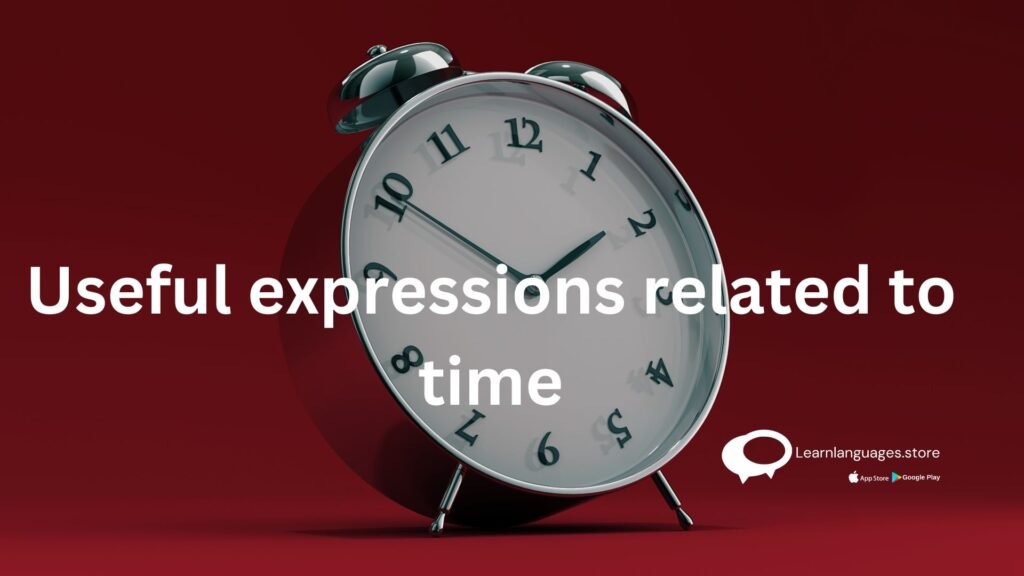A precise guide on how to say the days of the week in French
A precise guide on how to say the days of the week in French
Having a date makes it so much simpler to arrange meetups with friends, remember appointments, and plan online gatherings. You will surely benefit from learning the French days of the week, especially if you are able to pronounce them.
Estimated reading time: 4 minutes
Before we get into how to spell each day of the week, we should go over pronunciation in French. Unlike English, which emphasizes syllables based on the length of the word or some of its endings, French emphasizes all syllables evenly. It is critical that you articulate each syllable evenly and clearly.
How to use days of the week in French sentences

Now that you have mastered pronunciation and spelling, the next step is to include each word in a sentence.
Context: When you express your frustration:
“Monday evenings are always such a drag.”
French: “Le lundi matin, c’est toujours autant une horreur…”
Context: When you have to schedule a business meeting:
“I’ll be there on Tuesday at 3 PM. What about you?”
French: “Je serai là mardi à 3 heures. Et vous ?”
Context: When you have to share news with friends around a great drink:
“I’ve got to see you on Thursday, please tell me you’re free!”
French: “Il faut que je te voie jeudi, par pitié, j’espère que tu seras libre !”
Useful expressions related to time
Now that you have broadened your vocabulary with weekdays in French, adding a few time-related vocabulary words will help you be even more precise. This is especially useful when you want to make it known that you have a specific time or month in mind.

Both the singular and plural forms will be used. Only one phonetic transcription will be provided if both have the same pronunciation.
– Day, days – jour, jours (zhoor)
– Weekday, weekdays – jour, jours de la semaine (zhoor duh la suh-mehn)
– Weekend, weekends – week-end, week-ends (week-ehnd, week-ehndz)
The French indeed pronounce the “s” in the plural form of this word.
– Hour, hours – heure, heures (uhr)
– Minute, minutes – minute, minutes (mee-nyt)
You might want to get a closer look at color words in French and spell out more details about whatever you plan on doing, or what you are explaining to someone. Learning these will enrich your French vocabulary giving you the confidence to hold conversations effortlessly.
Frequently asked questions about days of the week in French

Q. Are the days of the week masculine or feminine in French?
A. In French, the days of the week are always masculine. They are frequently found following the masculine article “le,” which corresponds to “the.” “Un” is also the singular “a” translation and will be used frequently.
Q. Do you capitalize the days of the week in French?
A. No, they are never capitalized, and neither are French months.
Q. How do you abbreviate the days of the week in French?
A. The days of the week in French are abbreviated as follows:
– Lundi -> lun
– Mardi -> mar
– Mercredi -> mer
– Jeudi -> jeu
– Vendredi -> ven
– Samedi -> sam
– Dimanche -> dim
Q. How do I pronounce sounds that end in “n”, such as “lundi”, “vendredi”, or “dimanche”?
A. Nasal vowels are small clusters such as “an”, “en”, “in”, “on”, or “un”. Why the term “nasal”? Because making these sounds requires some air to pass through your nose, the “o” in words like “got” or “bond” can have a slightly different tinge.
Try practicing this way:
– Lundi -> “un” such as in “fun”
– Vendredi -> “en” such as “want”
– Dimanche -> “an” such as “want”
Once you’ve mastered those sounds, there’s one more thing to remember: instead of bringing your tongue to the roof of your mouth to make the “n” sound, as in “want”… When pronouncing the days of the week in French, the airflow will do the trick. While it may seem counterintuitive at first, this valuable practice will significantly improve the effectiveness of your communication.
Conclusion
Learning how to pronounce the days of the week in French may take some time. You can look for audio available online to get the right pronunciation. If you want to sound like a native speaker, you need to broaden your vocabulary list by learning basic French words as they will help you undergo any type of conversation.
Learn Languages Store
Vashi,
Email: services@learnlanguages.store










